Browse Related Products
What makes wine organic?
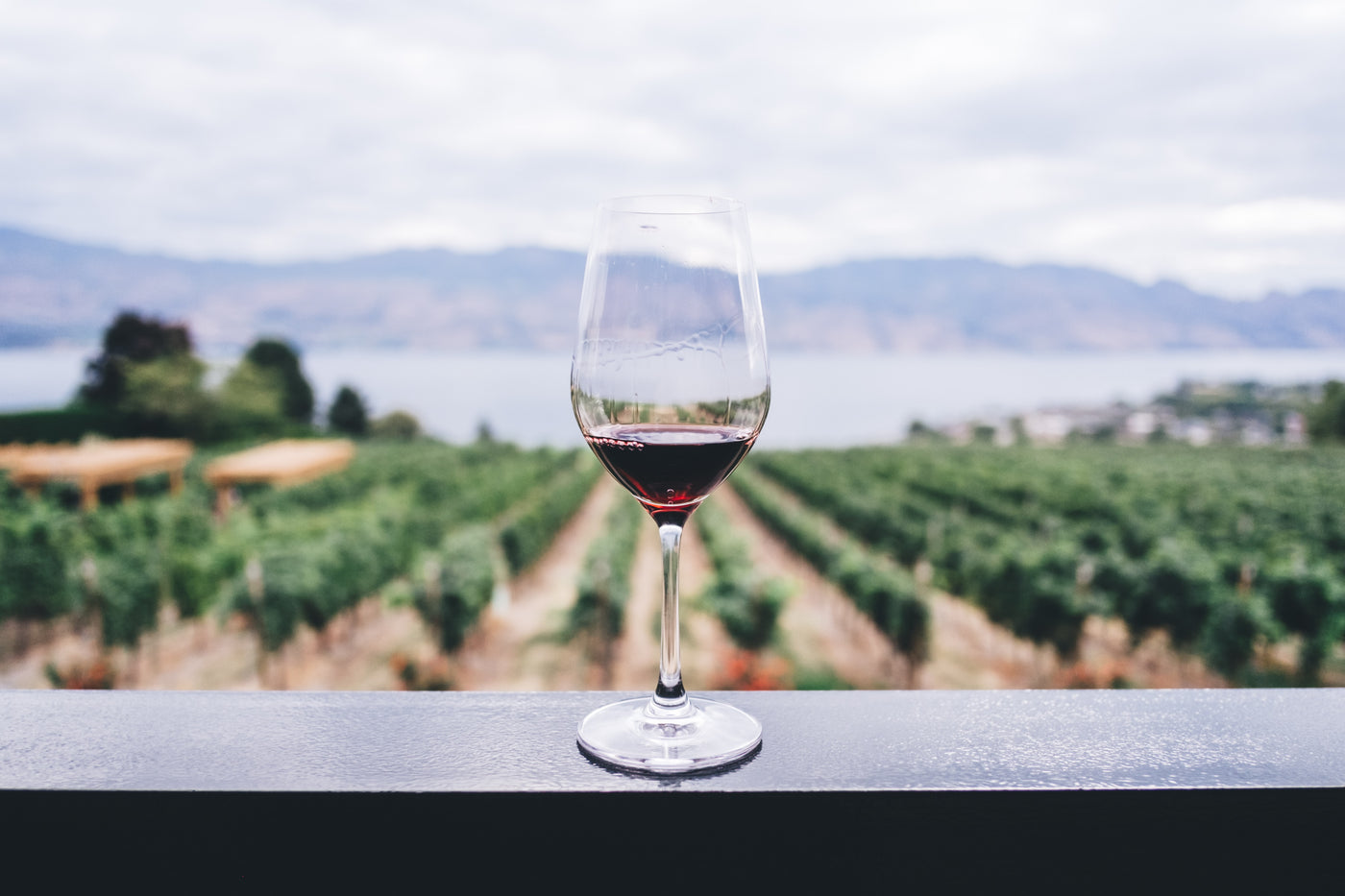
Related Products
Liquid error (sections/article line 236): Could not find asset snippets/product-card-article.liquid
Liquid error (sections/article line 236): Could not find asset snippets/product-card-article.liquid
Liquid error (sections/article line 236): Could not find asset snippets/product-card-article.liquid
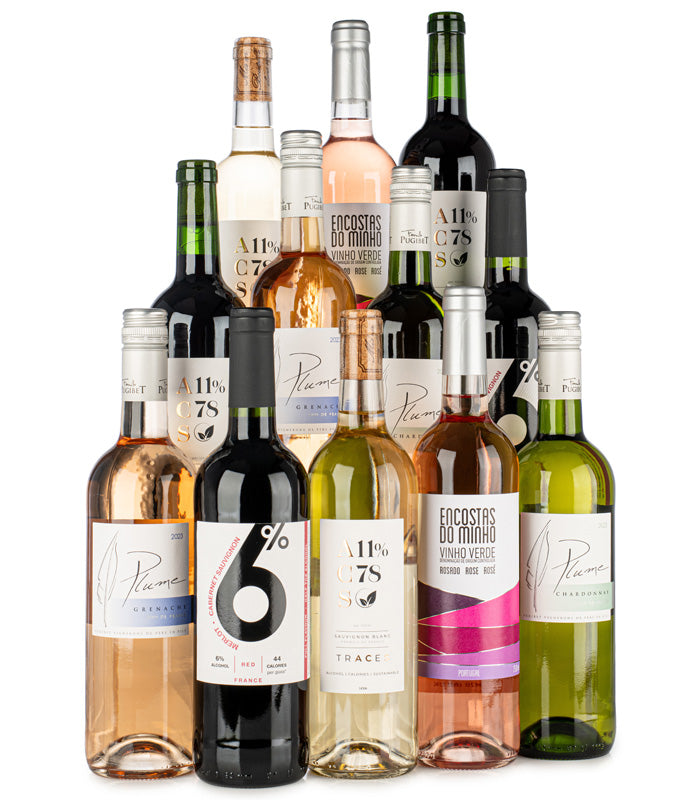
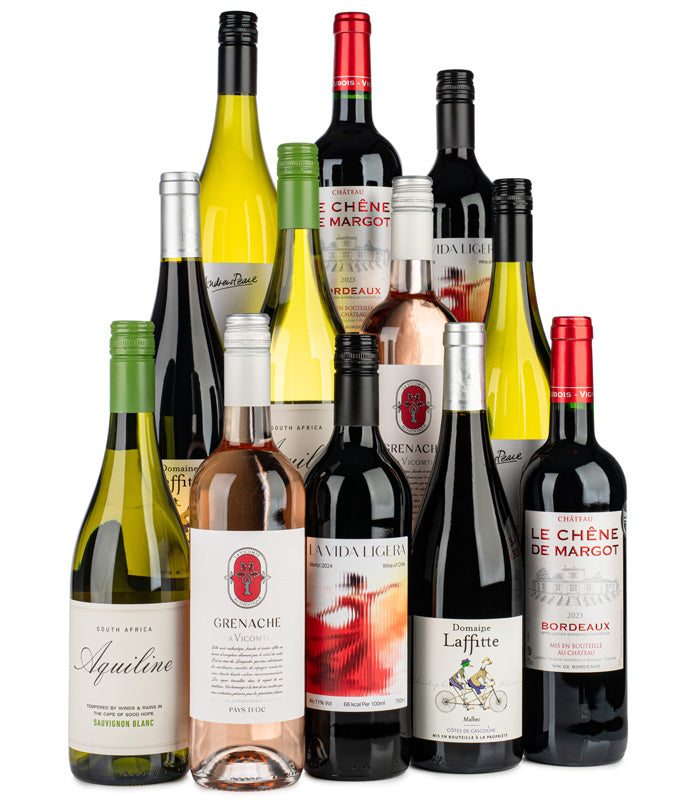
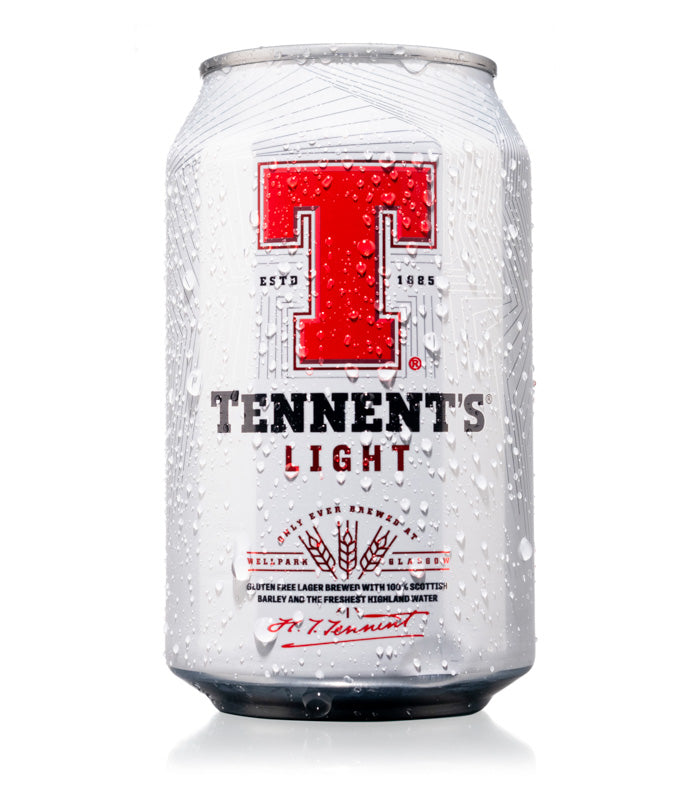
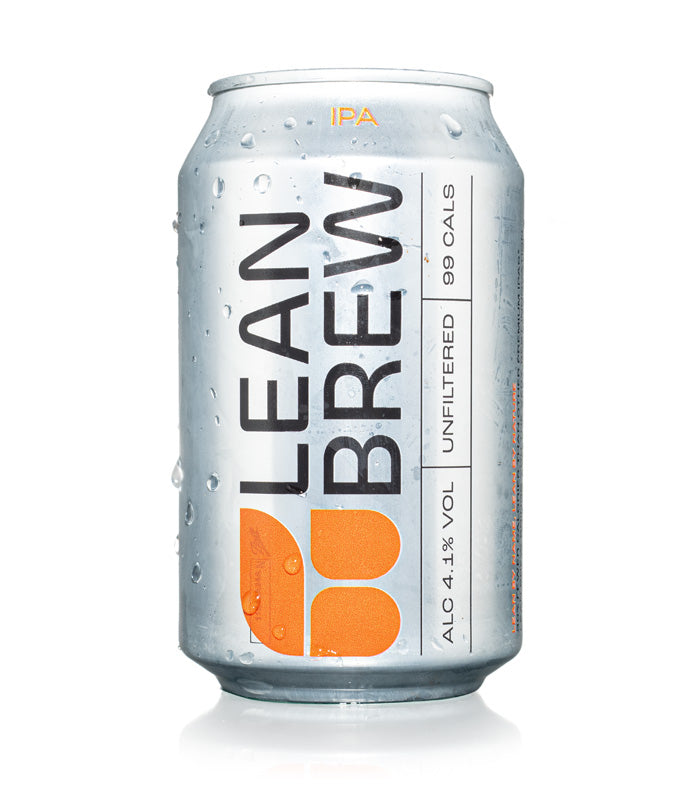
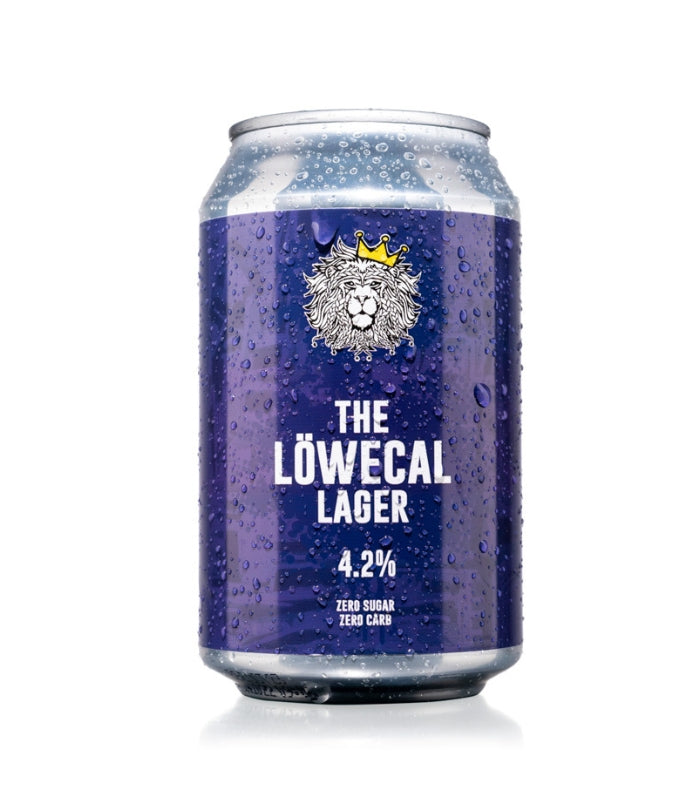
Organic food and produce has grown in popularity significantly in recent years. In 2019 sales of organic food and drink in the UK rose by 4.5% to a record £2.45bn, recording a growth for the eighth consecutive year.
With a growing awareness of how food is produced, coupled with the climate crisis we are now facing, it is no surprise that many more people are opting for organic. But as a wine lover, you might have found yourself wondering whether organic wines exist, and what makes a wine organic.
In this blog we will answer these questions and recommend some of our favourite organic wines that you can buy from DrinkWell.
What does organic mean?
The Department for Agriculture and Rural Affairs (DEFRA) defines organic as,,,
“Food that is the product of a farming system which avoids the use of man-made fertilisers, pesticides, growth regulators and livestock feed additives. Irradiation and the use of genetically modified organisms (GMOs) or products produced from or by GMOs are generally prohibited by organic legislation."
Whilst there is not an internationally agreed definition of organic, it can generally be summarised as being foods grown without the use of artificial fertilisers, pesticides or other chemicals. For food to be labelled as organic, at least 95 per cent of the ingredients must come from organically produced plants or animals. In the EU, rules require organic foods to be approved by an organic certification body.
What makes a wine organic?
In order to make an organic wine, the grapes used to make the wine need to have been grown organically, without the use of pesticides, herbicides or other artificial or synthetic chemicals. To achieve this, vineyard managers have to implement a different set of practices to maintain their vines whilst keeping weeds and bugs at bay.
A common way that this is achieved is through working with nature to boost the biodiversity of the vineyard, which can include:
Organic vineyards will only use protective sprays when it is absolutely necessary, and where these are used they are made from natural products. For example, a common spray used by organic farmers is made from lime, copper sulphate and water.
However, one important thing to remember is that just because a wine is organic, it does not mean it is free from other additives. A whole host of additives can be included in a wine without making it lose its ‘organic’ status, such as yeast, egg whites, and animal enzyme. Therefore, it is important to note that just because a wine is organic it is not necessarily suitable for vegans.
To find out what makes a red wine vegan friendly, you can read our blog here.
Are some regions better at producing organic wines than others?
In general, it is easier to implement organic farming methods in warmer and drier climates. For this reason, you will tend to find more organic wines from regions that have more predictable weather and less rain, as the moisture caused by damp weather is difficult to control using organic methods. For example, there are more organic wines produced in the south of France than in northern regions of France.
Why should I choose organic wine?
Interested by what you have read so far? Here are some reasons as to why organic wine might be a good choice for you:
A more natural and cleaner product
This one may be stating the obvious, but organic wine has not been made using harmful chemical pesticides, fertilisers and herbicide. Although these chemicals can play a useful and important role in stopping weeds and insects damaging the vines, small amounts of residue can end up in the wine. Not only this, these chemicals can pollute the surrounding soil and rivers, causing harm to the local environment.
Taste
As with many other organic products including meats, eggs and vegetables, organic wines are often superior in taste to their non organic counterparts. If you don’t believe us, try one of the organic wines we have available listed in the next section and see for yourself!!
Less sulphites
Organic wines contain less sulphites - around 50% less than the legal maximum. Sulphites are used to preserve the wine, and wine makers may add sulphites to preserve shelf life, taste and freshness. However, some people are sensitive to sulphites, in which case choosing organic wines will help to minimise reactions to sulphites found in wines. You can read more about the role sulphites play in wine here.
Organic wines available at DrinkWell
Here at DrinkWell, we get pretty excited about organic wines and have worked hard to build an impressive selection for you to choose from. Here are some of our current favourites:
Running Duck Organic Rose
This vegan-friendly wine is made by Stellar, which is one of South Africa's largest organic wine producers and is the leading ethical wine brand in the UK. Stellar are the world's top producers of no added sulphur wines, the purest expression of organic winemaking. The vineyards are patrolled as organically as possible assisted by Indian Runner ducks, which act as natural pest removers. With only 84 calories per 125ml glass, and at a price of just £9.99, you can’t go far wrong with this fruity Rose. We also have red and white Running Duck wines available so we have you covered no matter what colour you are after!
Melon Blanc Vendage Nocturne - Organic & Vegan
Hailing from the western Loire, this light bodied yet tasty white wine pairs well with shellfish, seafood and grilled fish and is made from grapes that are grown organically on a fully organic, north-facing plot with schist soil. Once pressed, fermentation is carried out using yeasts naturally present on the grape skins. At just 11%ABV this wine is refreshingly light and contains only 79 calories per 125ml glass. DrinkWell are pleased to have this lovely wine in our online selection for £11.99 per bottle.
Chateau Gairoird Provence - Organic Rosé
Château Gairoird produces organic wines on its gorgeous domaine just outside the village of Cuers in the Côtes de Provence AOC, a French region well known for its excellent rosé wines .As well as containing just 84 calories per small glass and 1g/L of sugar, this vegan friendly rose is also incredibly flavoursome, so much so that it scooped to Silver medal at the Concours Général Agricole Paris 2017 awards. You can pick up a bottle on the DrinkWell website for £14.99 per bottle
Tierras del Isasa Organic Rioja
This exquisite Spanish Rioja oriental is sourced from organically-cultivated Tempranillo vines on the slopes of the breathtaking Sierra de Yerga mountain range in Rioja Oriental. With a warming taste of juicy and ripe red fruit and a hint of spice and vanilla, this organic Rioja is a real treat that warms the soul. This dry red contains 95 calories per glass (125ml) and is 14% ABV and is vegan friendly. As well as being lower calorie than many other Riojas and completely organic it tastes amazing, so much so that it won the Gold Award at the 2020 Sommelier Wine Awards. It’s easy to see why we are so excited to have this wine in our collection, available for £12.99 on the DrinkWell website.
Shop Our Organic Wines Now